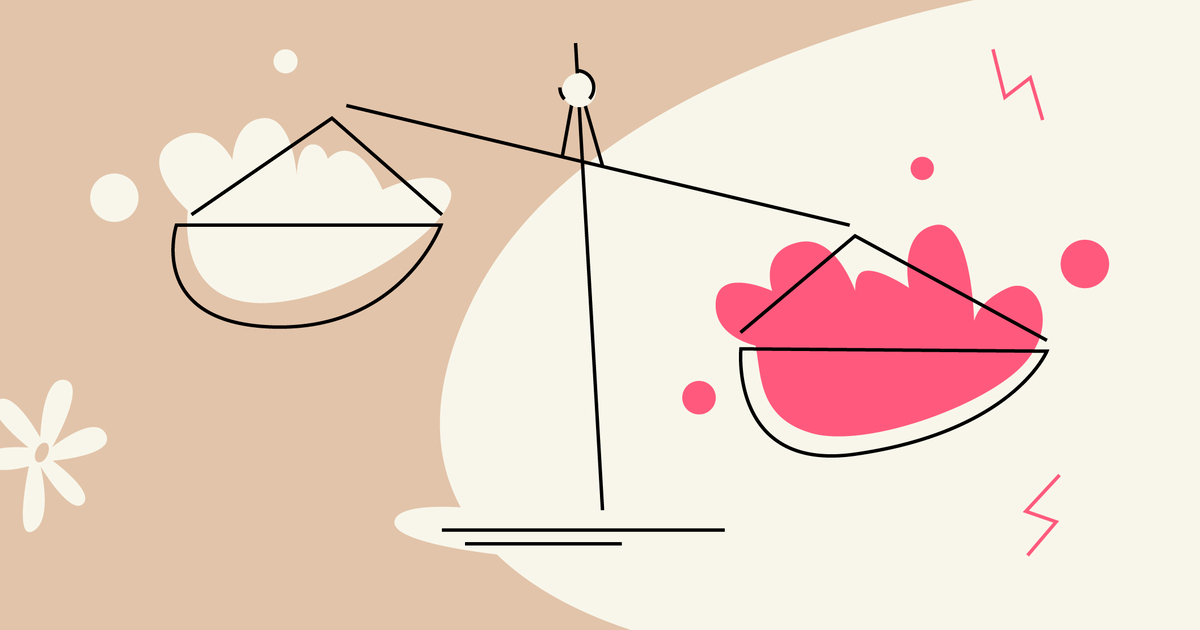Staying healthy and safe during pregnancy!
Staying healthy and safe during pregnancy!

Hormones are called the messengers of your body, and very essential for your every major bodily function. These hormones are produced by the endocrine system and travel through the bloodstream, and command the organs what to do. They help to manage your blood pressure, blood sugar, metabolism, growth, development, reproduction, stress, and mood.
Hormonal imbalance or hormonal disbalance is when have excessive or have insufficient amounts of certain hormones. This imbalance of hormones may affect your several body functions, or even minor hormonal changes can cause complexities throughout your body.
Symptoms of hormonal imbalance
Symptoms of hormonal imbalance in females are:
Symptoms in men are:
Causes of hormonal imbalance
Several endocrine glands are present in our entire body, and typically hormonal imbalance occurs when the endocrine system is not working properly. Some medical condition can cause this, including:
Additional causes of hormonal imbalance are:
Diagnosing of hormonal imbalance
After examining the symptoms of hormonal imbalance, your doctor may give you some tests to diagnose the condition. They may use blood tests, urine tests, and imaging tests as well. However, doctors usually use progesterone test, fsh test and cortisol test to diagnose hormonal imbalance.
Treatment of hormonal imbalance
The treatment of hormonal imbalance may depend on the person, and also upon the cause of your hormonal imbalance, because different types require different treatments. Treatment of hormonal imbalance in females, includes:
Treatment of hormonal imbalance in men:
Hormonal imbalance is very common, nearly everyone has encountered this in their entire lifetime. As the hormones have an integral part in our every major function, hence, it is important to not neglect any symptoms of hormonal imbalance.
Copyright © 2020 MyMaternity. All rights reserved.